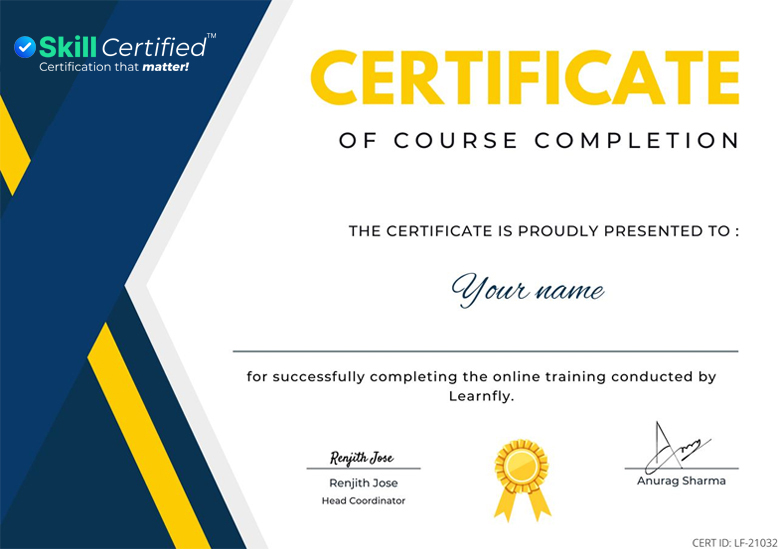February sale is liveEnds in
Get upto 30% discount on trending certification courses. Apply Now
This course training is available on request only. Send us your request with preferred date & Time & our training advisor will get back to you within 24 business hours.
Emotional Intelligence is one of the most important topics to master while your career advances. Emotional Intelligence, also known as the Emotional Quotient, is the understanding and managing your emotions positively. The concept of Emotional Intelligence has been around since the early 20th century, but the term was first introduced by Wayne Payne in 1985.
Emotional Intelligence is a quality that helps you relieve stress, empathize with your peers, overcome hurdles, communicate effectively and resolve conflicts. It helps you build strong connections at work, succeed, and gives you all the skills to control your emotions and think practically. By the end of this training, you will be self-aware of your emotional reactions and work more effectively.
There are no prerequisites to attend this course.
 Live Interactive Learning
Live Interactive Learning Lifetime Access
Lifetime Access 24x7 Support
24x7 Support Hands-On Project Based Learning
Hands-On Project Based Learning Industry Recognised Certification
Industry Recognised CertificationGet a e-Certificate of Course Completion after successfully completing your live class with SkillCertified™. Share & showcase your proud achievement with your friends & colleagues. Join a live class today & start learning online from anywhere:
